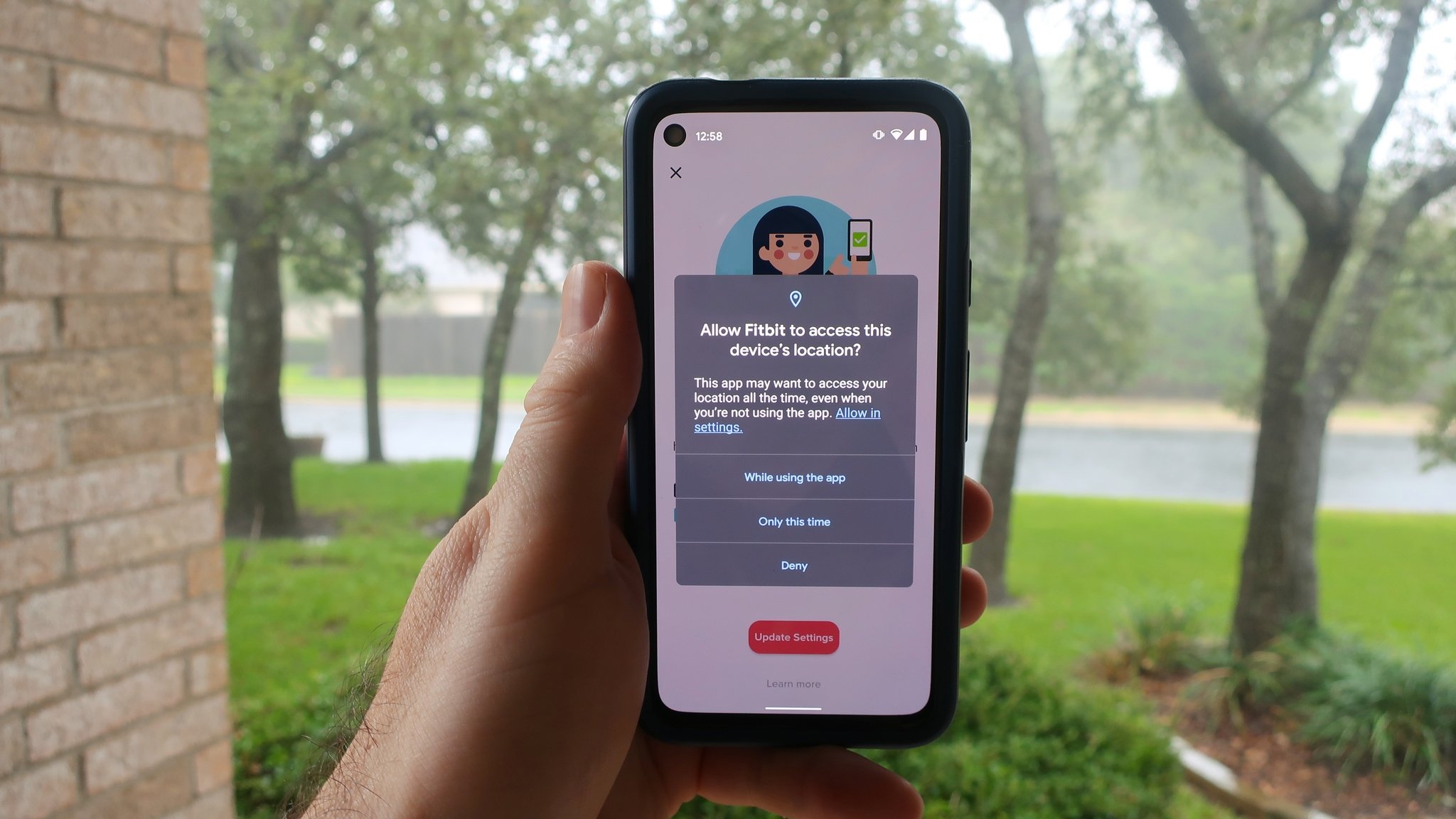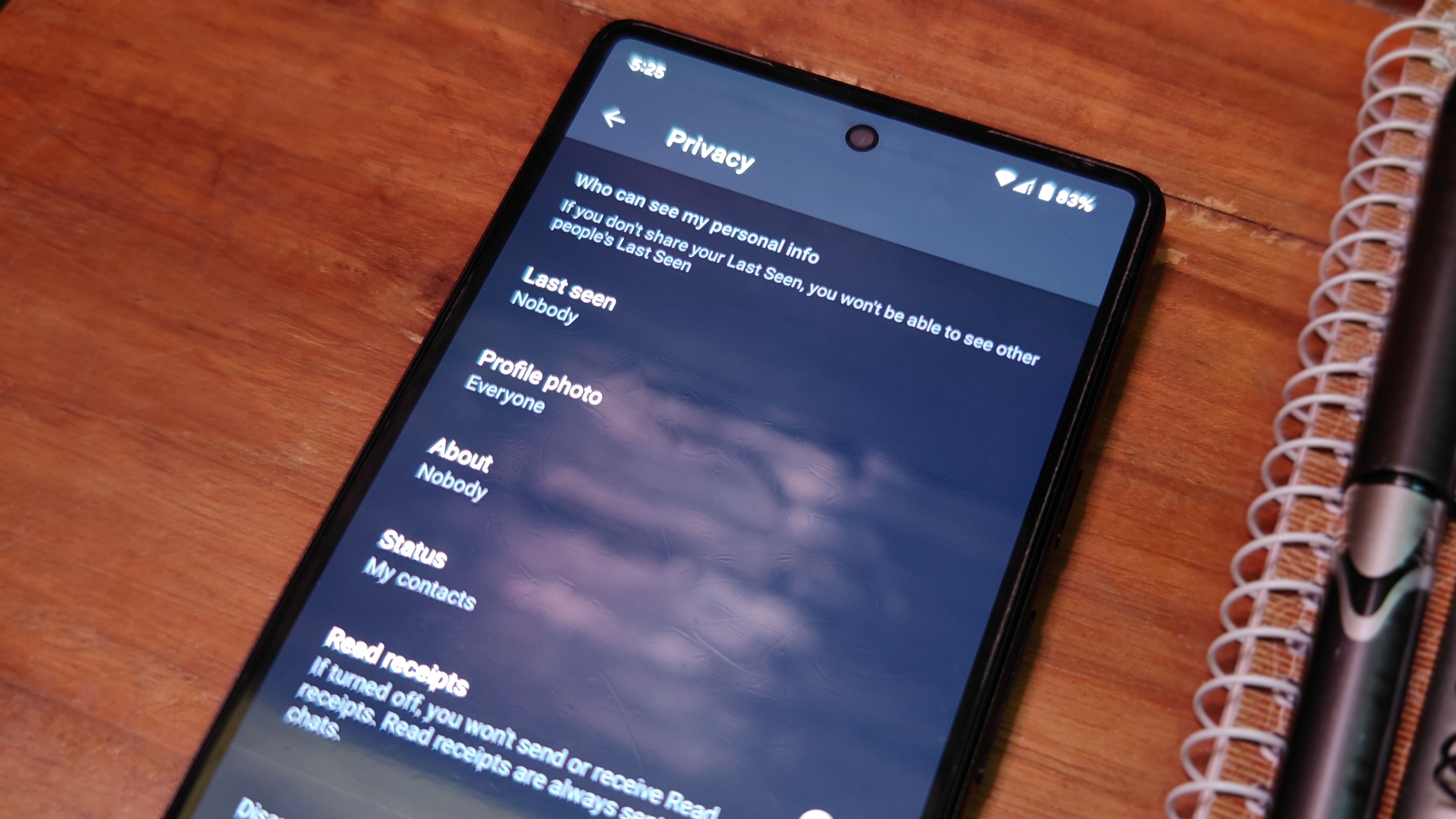Your user data can be the prosecution's star witness
All tech companies comply with warrants and they always will.

In April 2023, Nebraska police charged Jessica Burgess with providing access to an abortion for her 17-year-old daughter. Abortion was made illegal in Nebraska and police were able to obtain a warrant that forced Meta to hand over unencrypted messages sent between the two about obtaining and using abortion pills.
This isn't the only case where user data was used to provide police with evidence used to prosecute abortion-seekers in states where it is illegal, and it certainly won't be the last. It's easy to be upset with Facebook here because they provided the information, but they had to. The company was provided with a legitimate request from law enforcement and there is only one option that doesn't result in charges — comply.
Technology like the smartphone has made our lives more convenient and interconnected than ever before. However, with the benefits of technology come some serious concerns, especially when it comes to data privacy. One of the most significant issues in this area is the extent to which tech companies should provide user data to law enforcement when presented with a warrant. This is a complex issue with two distinct sides.
Some say we need it

One of the primary arguments presented in favor of tech companies providing user data when presented with a warrant is that it is necessary for law enforcement to investigate and solve crimes. Law enforcement agencies rely heavily on data to identify and apprehend suspects, and tech companies often have access to the data that can help them do so. By providing this data, tech companies are helping law enforcement to keep communities safe and ensure that criminals are brought to justice.
Another argument in favor of tech companies providing user data tossed out frequently is that it can help prevent terrorism and other acts of violence. In some cases, law enforcement agencies have been given data that could be helpful in preventing terrorist attacks or other violent crimes. For example, data from social media platforms have been used to identify individuals who may be planning attacks and stop them before they can carry out their plans such as the attempted kidnapping of Michigan's governor Gretchen Whitmer.
Some even argue that tech companies have a moral obligation to assist law enforcement in investigations in any way they can. Folks believe that tech companies should prioritize the safety of the general public over the privacy concerns of individual users. After all, if a crime is committed, it is not just the victim who is affected but the entire community.
Of course, others disagree.
Be an expert in 5 minutes
Get the latest news from Android Central, your trusted companion in the world of Android
Others say we don't

On the other side of the debate, many argue that tech companies should not be forced to provide data and we need to do away with these sorts of warrants. The primary concern is that providing such data could infringe on individuals' privacy rights.
Even though law enforcement agencies must obtain a warrant to access user data, the process is often not fully transparent, and there is always the possibility of abuse of power. By being forced to provide user data, tech companies are assisting and enabling these potential abuses.
Another argument against tech companies providing data is that it could harm innocent people. In some cases, innocent individuals may be caught up in an investigation simply because their data was included in a larger data set. This could be a potential nightmare of harassment, false accusations, and other negative consequences.
Data could also be used to target certain communities unfairly. For example, if law enforcement agencies have access to data on individuals' political beliefs, religion, or race, the use of this could lead to discrimination and violations of individuals' civil rights.
Again, many disagree with one or all of these opinions.
The real problem

The issue isn't really that companies comply with proper warrants. Whether you like it or not every business will act the same way when it sees papers signed by a judge. Police are always going to seek out these sorts of warrants and make them as broad as a judge will allow — it makes the job easier. We'll not see this go away in our lifetime.
The real issue is the collection, storage, and use of our personal data. It's super easy to point the finger at a few high-profile companies (yes I'm talking about Meta, Google, and Amazon) but it's difficult to find a product or service that's connected to the internet which doesn't harvest your data. Your favorite company does it, too.
This isn't going to change because user data has a ton of ways it can be monetized and most companies only exist to make money. That means it's up to us to find ways to mitigate the damage it could cause instead of relying on a faceless mega-corporation to act like our friends. Having data that could incriminate you and providing it to law enforcement is just a side effect of money-making.
Use encryption for messages. Stop sharing every damn thing about yourself on the internet. Turn things like location access off whenever you can. Shut off Bluetooth unless you're at home. If you're going to do something that you don't want anyone to know about, leave your phone at home.
These are all common sense things that we shouldn't have to do but here we are.
There is no getting away from big brother's eyes and ears but that doesn't mean we can't make things a little harder. If you're cool with potentially sharing everything with the police, that's fine and it's your right to think however you like. I'm not, however, and don't think it's unreasonable to expect a little privacy.

Jerry is an amateur woodworker and struggling shade tree mechanic. There's nothing he can't take apart, but many things he can't reassemble. You'll find him writing and speaking his loud opinion on Android Central and occasionally on Threads.
